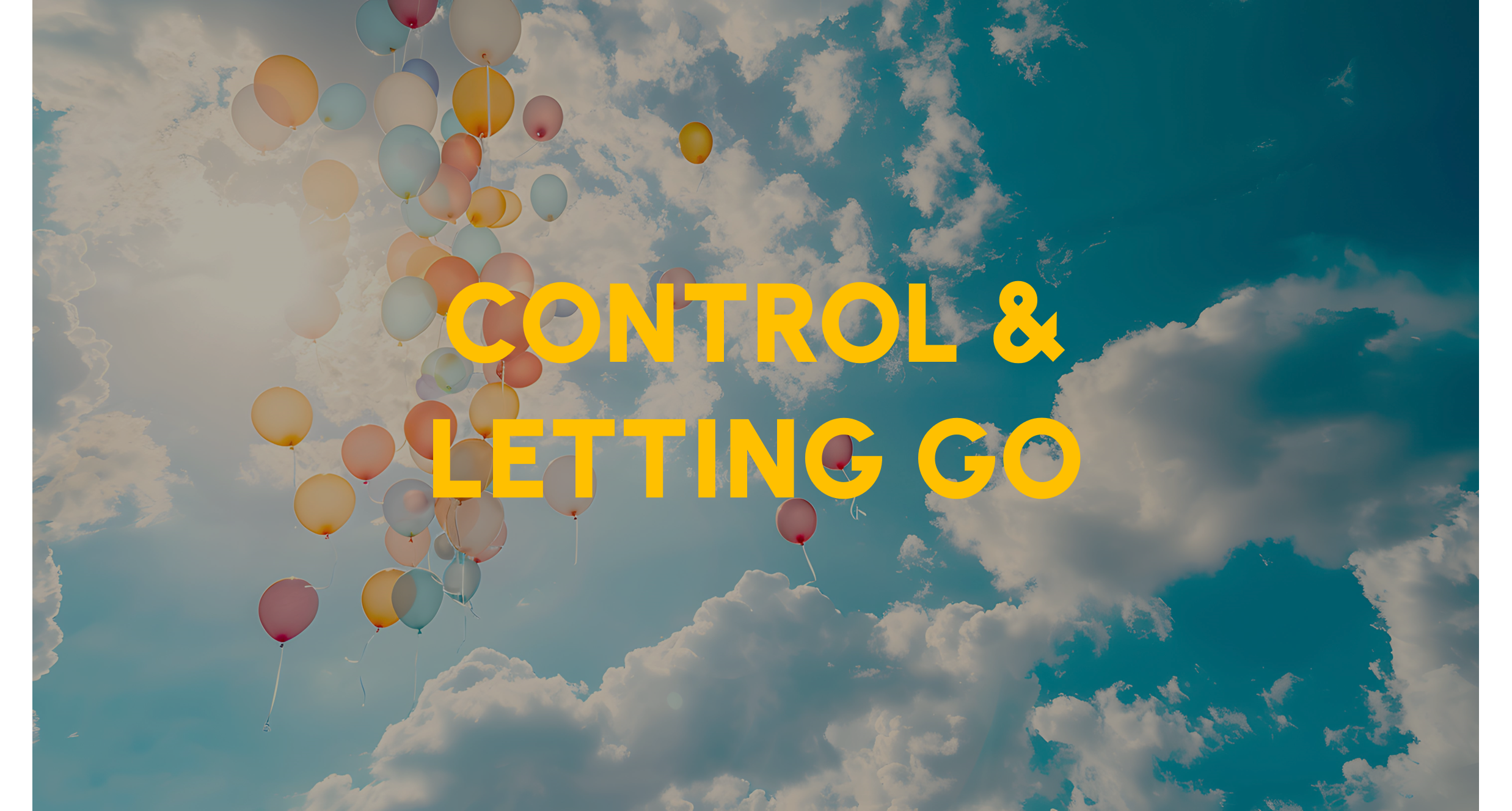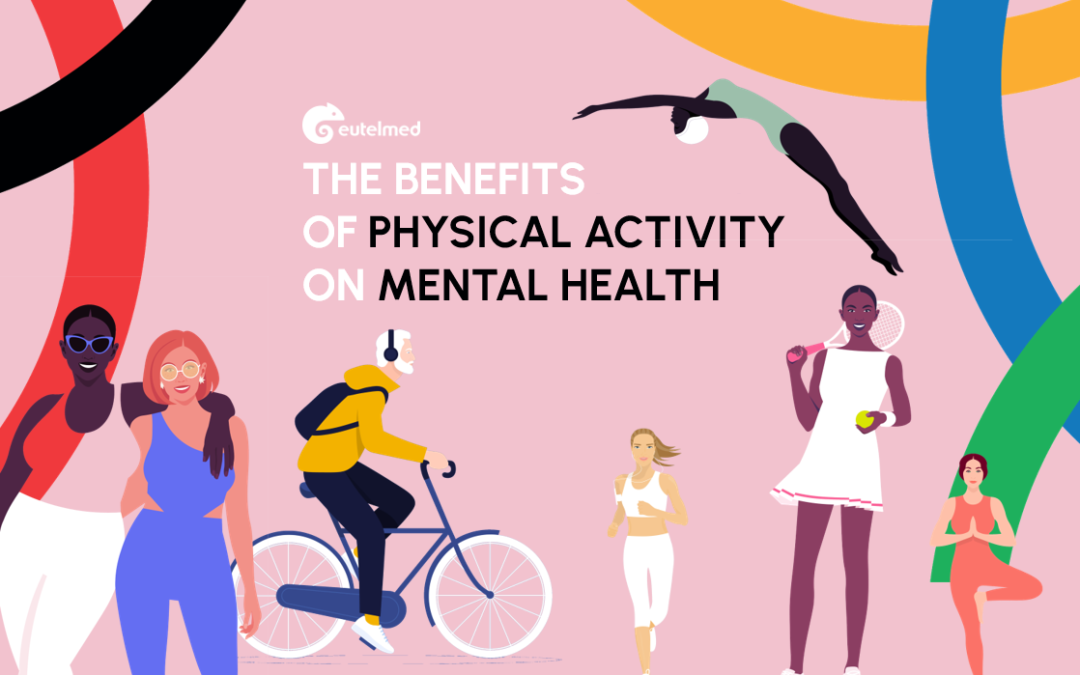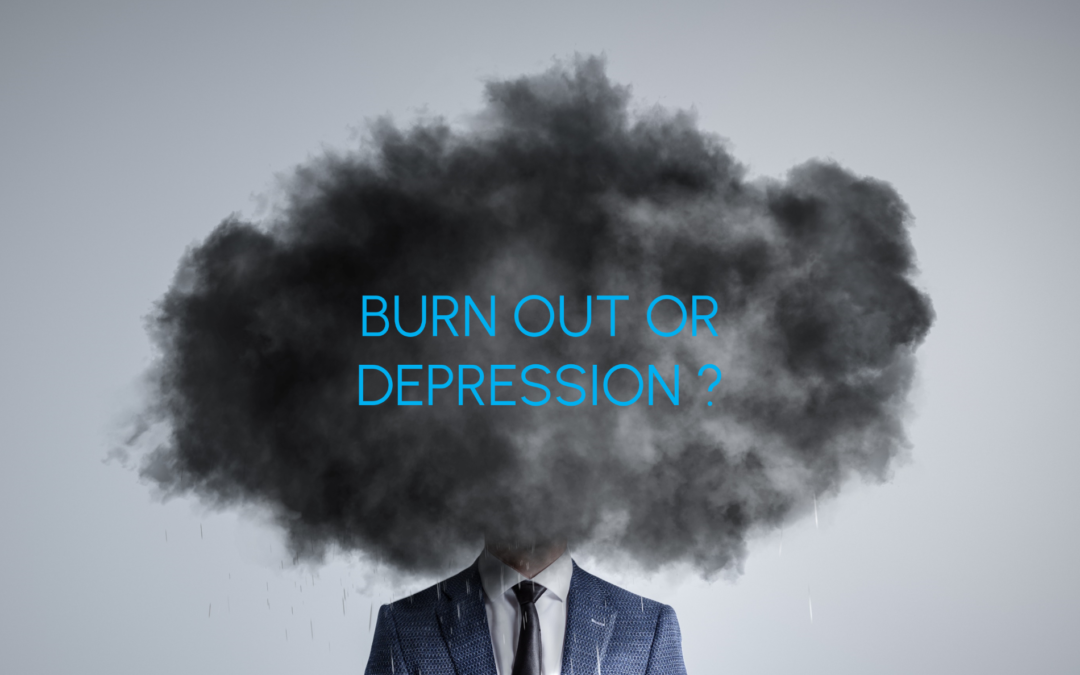What Lies Behind a Need for Control? What is Letting Go?
In every situation, there are elements we can control and others that completely escape us.
The ability to take control of an element serves to reduce the anxieties provoked by certain situations, for example, by better managing time (more planning, setting up a weekly routine), controlling emotions, or managing behaviors (such as in response to criticism). In psychology, these anxieties are simplified and described as anxieties related to the notions of life and death. Maintaining control helps avoid the question of our mortality: the more control we have over a situation, the less we are anxious about the fear of dying, and vice versa. Control is, therefore, a powerful defense mechanism.
That is why it is important to ask the right questions when facing a “problematic” situation: How much control or mastery do I have over the situation? At what moment, and with which person or situation, should I let go, and why? What would be the consequences or benefits of letting go? Is it always appropriate to practice letting go?
The Imperative to Let Go, Why?
In our ultra-connected world, we are easily at risk of being exposed to constant and global news. This flow of information makes us sensitive to bad news and amplifies our sense of powerlessness. These phenomena can constitute a burden, an additional mental load that imposes itself on us, much like Atlas carrying the world on his shoulders. It’s the same scenario when we feel responsible for the happiness of others in our family, or when at work, we bear the burden of team cohesion or productivity.
This is where letting go comes into play, as it involves choosing to detach from things we cannot control, such as others’ reactions or world news. Letting go is not a form of abandonment or resignation but rather the acceptance of one’s own limits and a redefinition of the individual fight one can lead. For example, I can let go of a grudge against a colleague because I accept that my colleague will likely never see things from my perspective, and I cannot change that. Thus, I am not weak; it is not a matter of respect, but a decision to relieve myself of this grudge.
Examples of Letting Go
- Allowing room for mistakes
- Accepting the unexpected
- Embracing imperfections (in others and ourselves)
- Permitting oneself to feel “negative” emotions
- Learning to forgive
- Giving up trying to control things beyond one’s control
Side Effects of Letting Go
Since control can serve to protect us from our anxieties, letting go has a downside that must be anticipated. This can take the form of resurfacing emotions such as grief experiences or identity questions. A person who suddenly relinquishes control over their emotions and expresses feelings to their surroundings may be faced with unexpected feedback. They assert their place in their environment. Here, letting go is liberating, beneficial, and relieving while simultaneously opening the door to long-repressed emotions.
In the long term, letting go can improve quality of life and mental health by reducing stress we impose on ourselves, even involuntarily, which ultimately weighs on our actions. For instance, letting go of certain grudges, ideals of perfection, or the notion that things must unfold as we imagined.
Letting Go as a Form of Personal Development
Person-centered theories associate letting go with an act of personal development (Carl Rogers). These approaches aim to consider different aspects of a person that constitute their “self,” such as their bodily experiences, dreams, and aspirations. Choosing to listen to oneself fully is letting go: letting go of the person one thinks they are or wants to be in others’ eyes. Letting go would thus be the choice to listen to and accept oneself first.
Letting Go and Control – A Continuum
Some environments dictate a need for control. This is often the case in the professional world where employees are expected to have a professional attitude, control events (e.g., scheduling, programming, etc.), and manage their emotions. In an uncertain context, a minimum of letting go is required to avoid losing composure in the face of unforeseen events. It is about finding a balance because the world is as it is.
Still, in the workplace, constant contact with colleagues creates situations where letting go can be beneficial: for example, letting go of ideas we have about others and how we want them to be. Accepting this difference is a form of letting go that saves us from expending negative energy. Not accepting it can lead to resentment and anger, which ultimately cannot achieve anything, as others are as they are.
In Conclusion
We are in constant relation with ourselves and with others. The idea behind letting go is to accept being an individual within an environment composed of Others. These Others also have their own relationship with themselves and their environment.
What is essential to remember is that control allows us to maintain and contain ourselves in the face of hostile events, but letting go can serve as a springboard for self-realization and flourishing. It is far less costly in mental energy because, in the long run, an individual’s “control reservoir” can become depleted, especially when trying to exercise it over situations or individuals they have no control over. As for letting go, it replenishes itself and us as well.
 About the Author
About the Author
Myriam Paperman, Franco-American Doctor of Clinical Psychology. Myriam is passionate about mental health prevention and is the author of the book “A Stress-Free Psy Consultation” (Mango Society Collection – Let’s Talk About It!), which helps dismantle barriers to consulting calmly. More broadly, her interventions with Eutelmed in conferences, webinars, and other formats aim to destigmatize and make mental health accessible to everyone.









